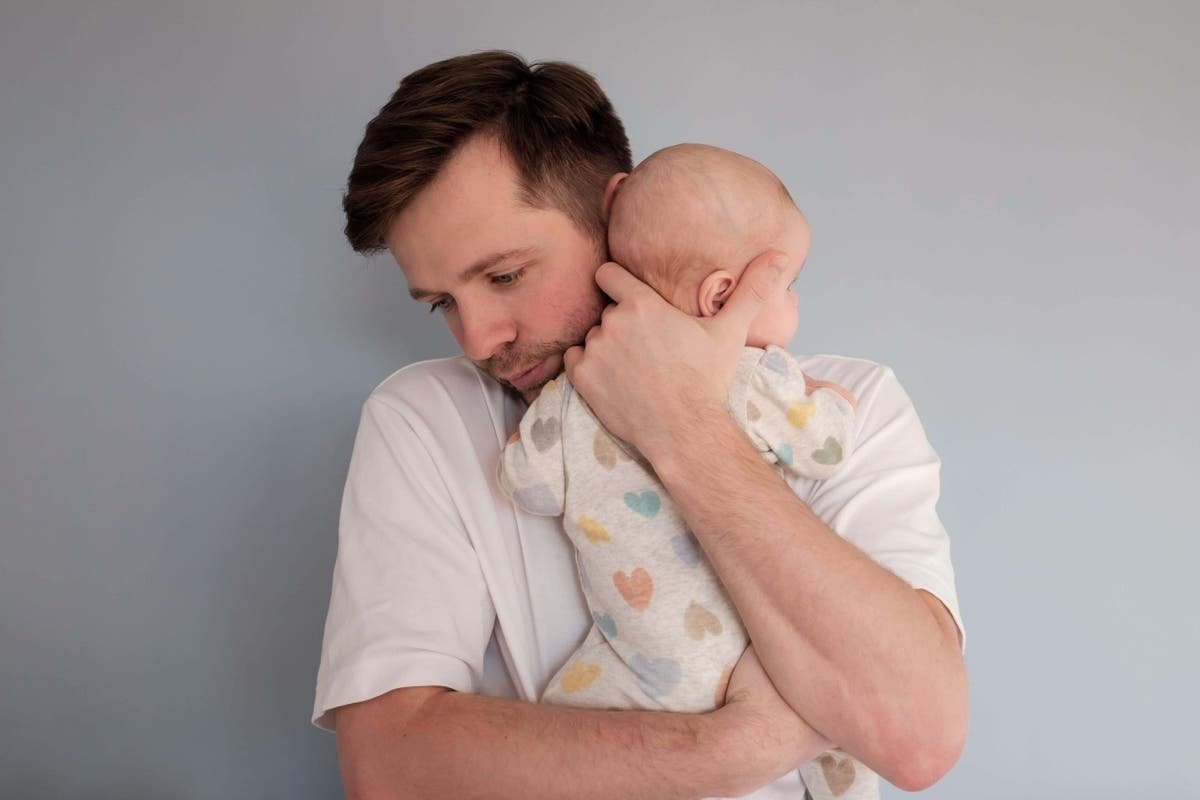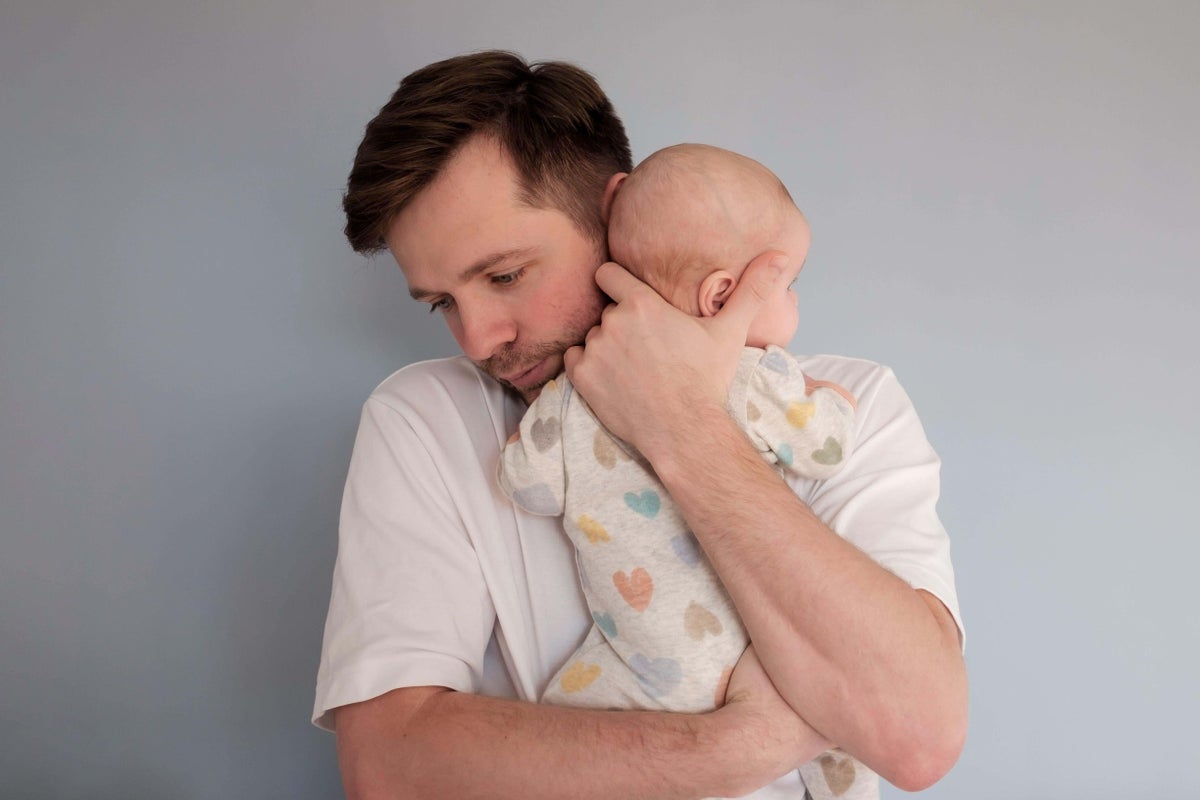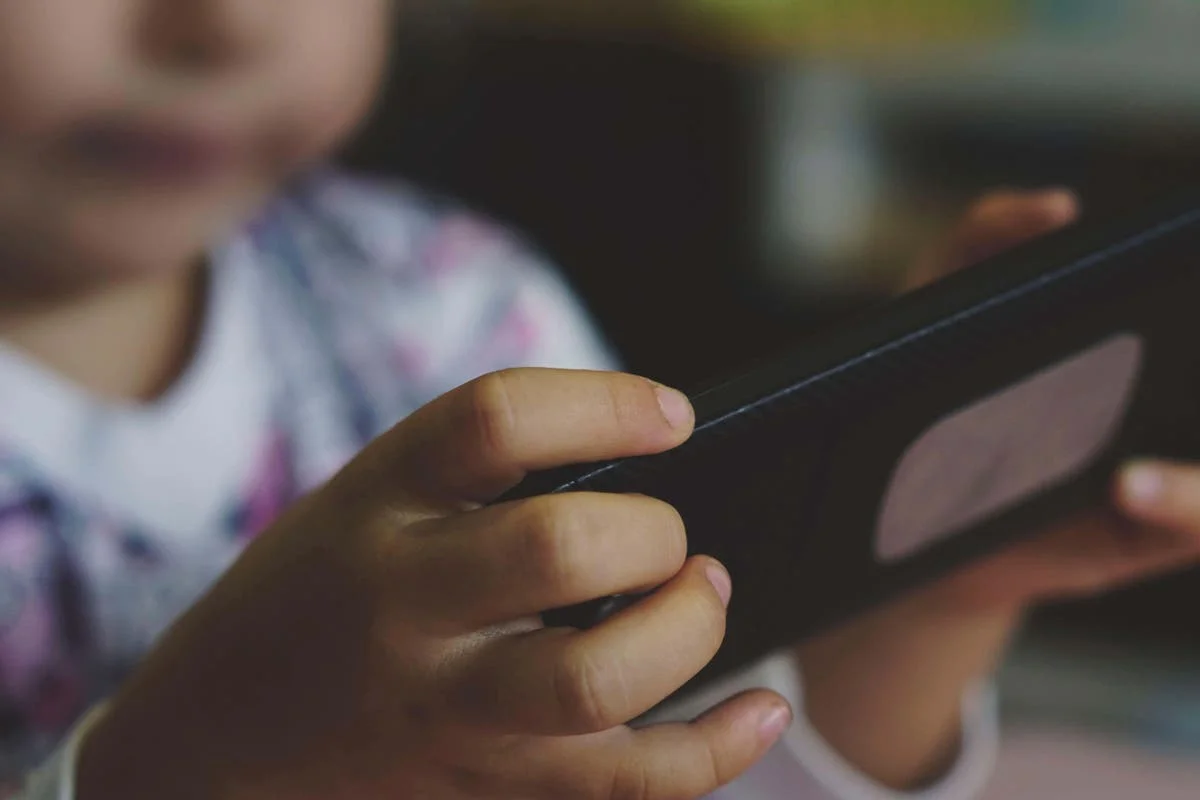
I’m struggling to cope as a new parent – where can I get help?

Your support helps us to tell the story
From reproductive rights to climate change to Big Tech, The Independent is on the ground when the story is developing. Whether it’s investigating the financials of Elon Musk’s pro-Trump PAC or producing our latest documentary, ‘The A Word’, which shines a light on the American women fighting for reproductive rights, we know how important it is to parse out the facts from the messaging.
At such a critical moment in US history, we need reporters on the ground. Your donation allows us to keep sending journalists to speak to both sides of the story.
The Independent is trusted by Americans across the entire political spectrum. And unlike many other quality news outlets, we choose not to lock Americans out of our reporting and analysis with paywalls. We believe quality journalism should be available to everyone, paid for by those who can afford it.
Your support makes all the difference.
Having a baby can be thoroughly wonderful and thoroughly overwhelming. No matter how prepared you are, how many books you’ve read or antenatal classes you’ve been to, nothing can fully prepare you for meeting a tiny human, and the realisation that it is now your job to take care of them.
It’s a huge, joyful, lovely, sleep-deprived job, but it can leave you feeling depleted and at times, like you’re struggling to cope. It’s important to know that you are not alone.
“You’re new parents, it’s a huge thing you’re entering into. You’re still learning. It’s something you’ve never experienced before,” says Ruth Duckworth, parenting coach at Action for Children’s Parent Talk service – a free online chat support for parents. “We use the phrase so often, but it’s important to know; it’s OK not to be OK. It’s quite normal.”
Not sure where to turn to for support? You really do have lots of options…
When to seek help
It can be easy to tell yourself this feeling will pass, or, ‘I’ll give it a week and see how I feel then,’ but there’s no need to wait to speak to someone. Duckworth says if you’re feeling overwhelmed, struggling to cope and like it’s all too much, don’t hesitate.
“It’s really important to be aware of what the symptoms of parental burnout are,” she adds. “It can be feeling quite distant from your child, feeling quite exhausted, physically and mentally. It can affect sleep. You can feel quite depressed or isolated.
“We really encourage people to just come onto the chat service, whether they’re looking for support or whether they just want somebody to listen,” she says. “It’s very often easy to think, ‘I just need to sort out the baby’s needs first before my own,’ but I often use the airplane analogy about putting on your oxygen mask before anyone else’s.”
Reach out to loved ones
When it comes to family, friends and partners, “asking them for help is a really great thing, but it’s also about communicating expectations and putting boundaries in,” says Duckworth. “I spoke to someone recently who’d had twins. Their relatives visited and just held the babies the whole time. The parents didn’t get to hold the children and actually, what they really needed was somebody to help cook and do housework.”
Try to communicate what practical support you really need from loved ones – in those early days, they should be making you cups of tea, not the other way around. But don’t be too hard on yourself, says Duckworth, “it’s hard for parents, because in the moment, you don’t always really know what you need”.
Find out what’s on in your area
You may not have friends and family nearby, and if you’re on parental leave and your partner has gone back to work, finding support from your wider community can make a real difference.
“Some community or faith groups will do things like a meal rota, which is a fantastic support,” says Duckworth. “There are children centres or hubs. Action for Children has various children centres across the country, and you can access parent or mother and baby groups, where you can make connections and get to know people at the same stage as you, so you don’t feel isolated. But it’s also important that you know there’s no pressure to do that.”
Duckworth says often new parents have an idea of what their days might look like, maybe packed with baby swimming classes and baby cinema sessions, “but actually, it could be that that’s not quite how it works out, and it’s important to not think you have to do a particular thing.” She adds: “It’s going by what’s right for you.”
Speak to your healthcare providers
“Within the first 10 days, chat to your midwife, depending on how you’re feeling, and then the health visitor or the GP,” says Duckworth. “For feeding support, we signpost the 24 National Breastfeeding Helpline (0300 100 0212).”
She says it’s important to be aware of the baby blues, “that time where someone might feel quite low, emotional or tearful after giving birth”. “That’s very normal to feel that way, but that should last no more than two weeks after giving birth,” explains Duckworth.
“That’s when it goes from the baby blues to postnatal depression. And that’s where we would say to make sure to get support from your health visitor or the GP – and both parents can experience postnatal depression.”
Financial support is available
“In terms of budgeting for a baby, no matter how you work it out beforehand, there’s always hidden costs,” says Ducworth. On top of living costs, there can be added pressure to have the perfect baby clothes, a certain pram or a gadget that claims to help your baby sleep through the night, which can all add up.
Duckworth recommends looking at secondhand sites like Vinted and eBay, visiting nearly new markets, like The Little Children’s Market, and of course, charity shops. “Certain children centres will do toy and sling libraries,” she adds. There are also baby banks, like Little Village, where you can access prams, cots and more.
“But really know, you don’t have to buy the new, latest thing all the time,” says Duckworth.
“We’ve also got food banks. There’s Healthy Start vouchers to help with food needs for those eligible – access those vouchers through children’s centres or your GP.”
Remember, you’re doing a great job
However you’re feeling, Duckworth says, be kind to yourself. “It’s a very new experience, and there will be changes, you might be feeling different, it’s okay, not to be OK, but also, chat to somebody for help and support, to get that reassurance,” she says. “You will get through it, and you’re doing an amazing job.”








